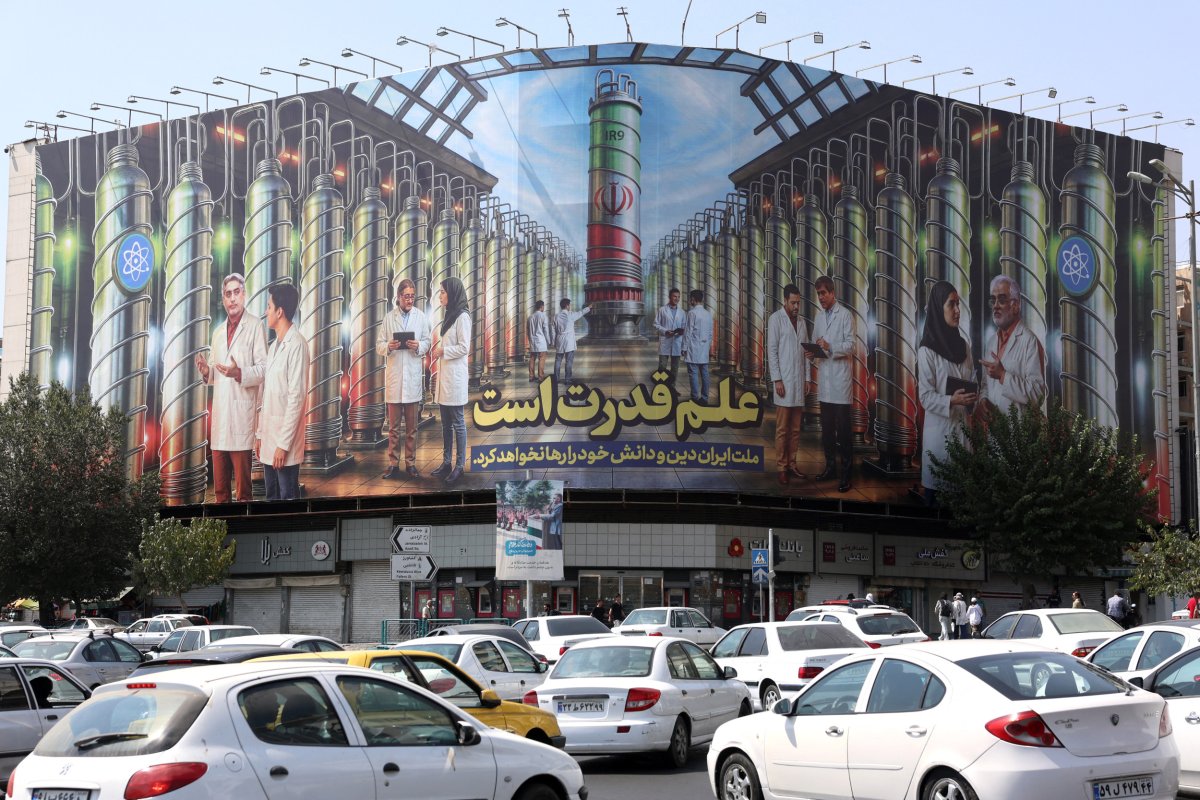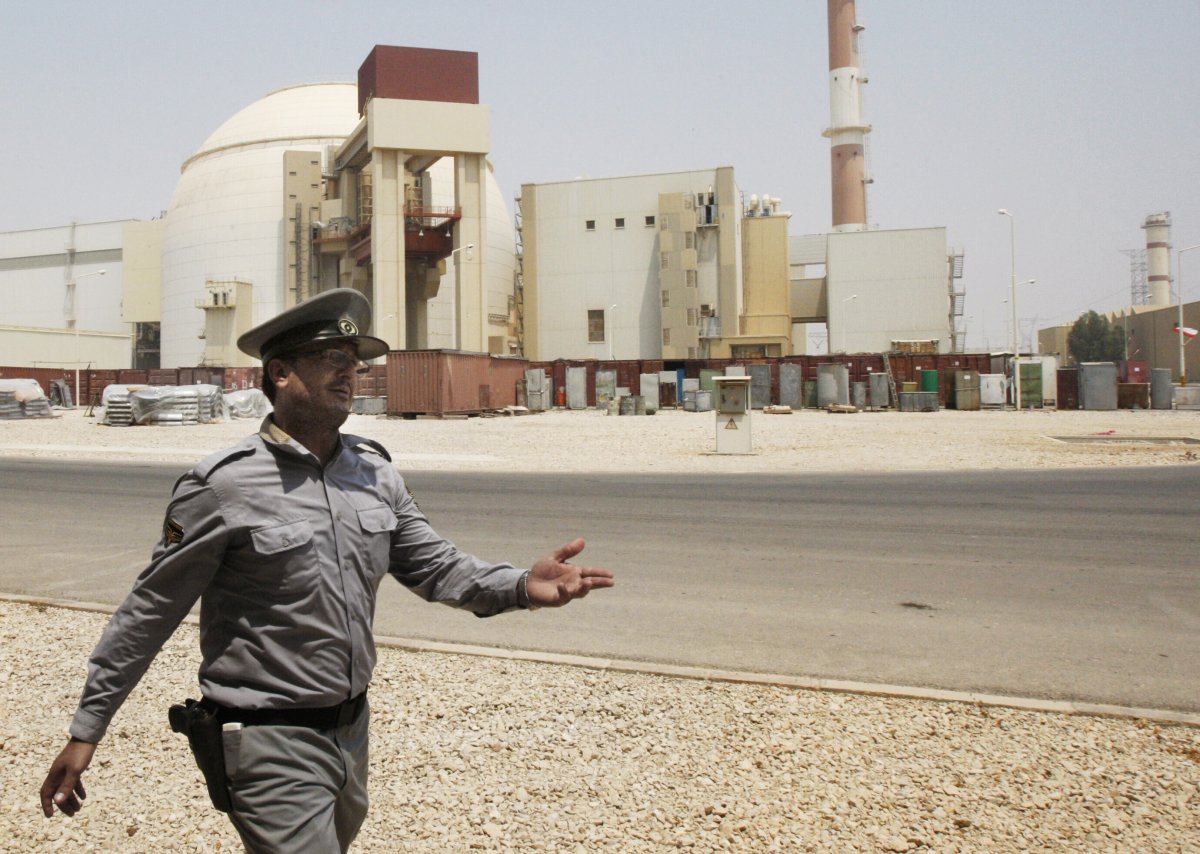Iran has accused the United Kingdom, France and Germany of bowing to the United States after the “E3” triggered the snapback mechanism that could reinstate U.N. sanctions on Tehran.
Iran’s Foreign Ministry spokesperson said the move signified their “obedience” to the Trump administration, calling it part of a system “where might makes right and where the violator dictates the rules of the game.”
The accusation followed the E3’s formal notification to the U.N. Security Council on Thursday that sanctions would be restored within 30 days if the top body does not agree on their suspension.
Newsweek has reached out to Iran’s Foreign Ministry for comment.
Why It Matters
The snapback dispute could tip the fragile Joint Comprehensive Plan of Action (JCPOA), the 2015 nuclear deal once hailed as a breakthrough. Since President Donald Trump withdrew the U.S. in 2018, the deal has unraveled amid Iranian challenges.
Tensions surged in June during the 12-day war after Israeli and U.S. strikes on Iranian nuclear sites, with Tehran limiting International Atomic Energy Agency (IAEA) inspections and escalating instability.
If the E3 succeeds in reinstating U.N. sanctions, the JCPOA could collapse, reviving pre-deal confrontations. For Europe, it signals alarm over Iran’s nuclear ambitions; for Tehran, it underscores perceived betrayal and alignment with Washington.

Getty Images
What to Know
Iran’s Foreign Ministry spokesperson Esmaeil Baqaei delivered one of Tehran’s strongest reactions in a X post on Friday, arguing that the E3’s move was not grounded in “legal necessity or sound judgment” but reflected compliance with the U.S.’s “maximum pressure” directive.
The message was accompanied by an image showing Trump in the Oval Office behind his desk, with several European leaders seated in front of him, highlighting Tehran’s claim of European alignment with Washington.
The E3 are demonstrating what passes for a “credible” negotiating partner in the so-called “rules-based international order,” where might makes right and where the “violator” dictates the rules of the game.
Their decision to trigger the re-imposition of terminated Security… pic.twitter.com/NnLdk0cjSC
— Esmaeil Baqaei (@IRIMFA_SPOX) August 29, 2025
How Snapback Works
U.N. Security Council Resolution 2231, which endorsed the JCPOA, permits any participant to trigger the automatic return of sanctions if it deems Iran noncompliant. If the Security Council fails to vote in unison within 30 days to maintain the suspension, all previous sanctions are reinstated.
The E3 submitted their letter to the Security Council on Thursday, formally beginning the countdown. They argued Iran’s enrichment activities and reduced cooperation with the IAEA left them no choice but to invoke the mechanism.

Vahid Salemi/AP Photo
U.S. and Russia Weigh In
Washington welcomed the initiation of the snapback and said it would work with the E3 to see it through. At the same time, a spokesperson for U.S. Secretary of State Marco Rubio emphasized that the U.S. remained open to direct engagement with Iran to pursue a peaceful, lasting resolution to the nuclear issue.
Meanwhile, Russia’s envoy to international organizations in Vienna, Mikhail Ulyanov, condemned the E3 for triggering the snapback mechanism, calling it “a big mistake” and “yet another irresponsible step” that could push negotiations into “a total deadlock,” raising concerns about further escalating tensions.
Diplomacy with Brussels
Iranian Foreign Minister Abbas Araghchi spoke on Thursday with EU foreign policy chief Kajal Kallas and sent her a letter emphasizing that Tehran would not recognize the snapback’s legitimacy and would act to defend its interests, while reaffirming Iran’s readiness to resume “fair and balanced” negotiations on its nuclear program if the West showed seriousness, goodwill and avoids actions that could undermine the chances of success.

Geert Vanden Wijngaert/AP Photo
What Happens Next
With the E3 pressing to reinstate U.N. sanctions and Tehran threatening retaliation, the Security Council faces a rapidly closing window to act. To address the escalating crisis over Iran’s nuclear program, the council is scheduled to hold a closed-door emergency meeting on Friday.